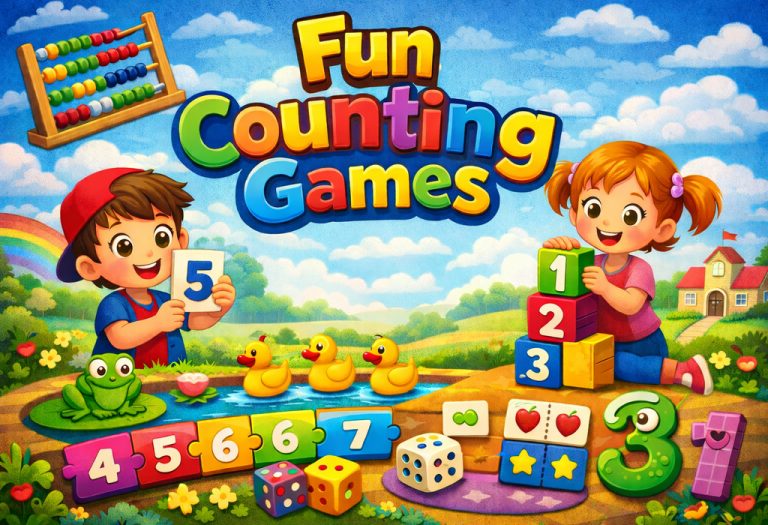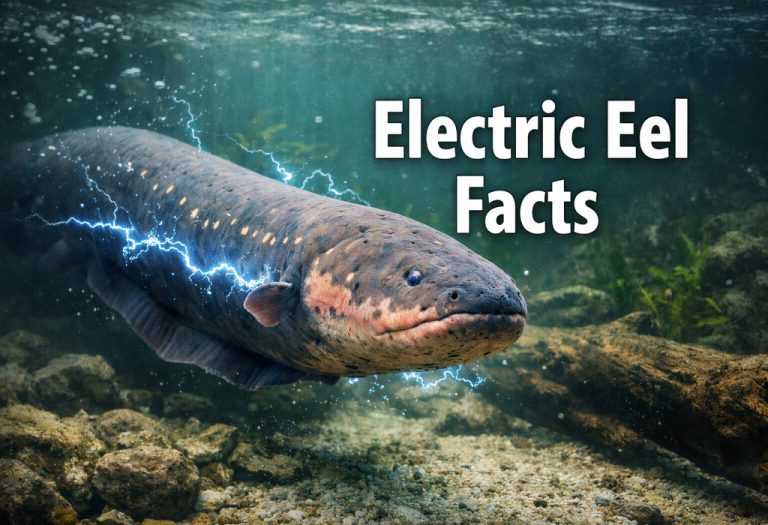How Many Calories Does Breastfeeding Burn?

Breast milk is the complete source of nutrition for a baby in the first six months of his life; it provides the necessary vitamins, fats, and minerals a baby needs for his proper growth and development. It also strengthens a baby’s immune system. If you’re a new mom, you must be well aware of the fact that breastfeeding offers immense health benefits to a baby, but do you know that it is also beneficial for a mother? Breastfeeding your little one can help you burn calories. If you’re looking to lose postpartum weight, you’re obviously curious. Now, you may ask yourself, “Does breastfeeding burn calories?” “How many calories do I burn during breastfeeding?” To find all the answers about how many calories are burned while breastfeeding and if (and how) breastfeeding can help you lose weight, read the following article.
How Many Calories Are Burned by Breastfeeding?
If you feel drained out after a breastfeeding session, it might be due to the fact that your body loses a substantial amount of calories while breastfeeding. The average calories burned from breastfeeding in a day may range from 450 to 500 calories, according to the American College of Obstetricians and Gynecologists (1). Exclusive breastfeeding can burn about 500-700 calories per day. As soon as the birth of your baby, you may roughly need 300 calories in a day because of your baby’s limited milk demands, but as your baby grows, the milk supply increases, and thus, you may burn up to 700 calories in a day. In other words, the amount of calories that you may burn may depend on your nursing stage. The milk your body produces is directly proportional to your baby’s demands. Your body may burn calories to produce milk, and if your baby feeds frequently, then you may burn more calories than a mother whose baby is the same age and does not breastfeed that much.
Why Does Breastfeeding Burn Calories?
Breastfeeding is great for you to get rid of all the extra pregnancy weight. But if you think that it is breastfeeding that makes you lose weight, then that’s not true because it is the strenuous process of milk production that requires so much work. In order to make an ounce of milk, your body burns approximately 20 calories, and if you are feeding roughly 20 to 30 ounces of milk in a day to your baby, then you may easily burn 400 to 600 calories, which is quite a substantial amount of calories. Therefore, to compensate for the lost calories, a breastfeeding mother is required to consume extra calories.
Mothers not only burn calories from breastfeeding, but they also derive many health benefits from it. It is seen that mothers who practise breastfeeding for more than six months are at a lesser risk of having breast cancer later in their lives. Also, mothers who suffer from gestational diabetes are less likely to have type 2 diabetes later in life if they practise breastfeeding soon after birth.
How Many Extra Calories Should a Breastfeeding Mother Consume?
A breastfeeding mother requires a whole lot of calories because she is producing milk for her baby, and that drains her body to a great extent. So, the question here is how many calories per day does a breastfeeding mother require? We have learnt from the above section that on an average a breastfeeding mom burns some 300 to 700 calories in a day through breastfeeding. This means that in order to pep her body’s lost calories, she needs to consume extra calories. A woman who is neither breastfeeding nor pregnant consumes roughly 1800 to 2000 calories in a day, though this may vary according to her age, height and how active she is. However, as soon as a woman becomes pregnant, the doctor may advise her to include approximately 300 more calories in her diet a day, and this may further increase to 400-500 calories a day when she begins breastfeeding her baby (2). Therefore, when you start breastfeeding, you should consume approximately 2200 to 3000 calories in a day if you are active (3). When you are nursing a newborn baby 8 to 10 times a day, your body needs more calories, and then you may gradually decrease your calorie intake as your baby grows and when he starts taking solid foods or formula milk.
Will Breastfeeding Help You Lose Weight?
Breastfeeding offers immense health benefits for the mother, too, as it not only reduces postpartum depression but also reduces the risk of diabetes, breast cancer, cardiovascular diseases and some cancers.
Apart from all this, breastfeeding a baby is nature’s way of getting the mother to lose all that extra pregnancy weight and get back in shape, too, but there is not enough scientific evidence that states the same. In a 2014 study published in Preventive Medicine, it was found that mothers who exclusively breastfed for the first three months had a small effect on postpartum weight loss in comparison to mothers who had not breastfed or breastfed for less than three months (4). Also, only relying on breastfeeding, not controlling what you eat and not doing enough exercise may affect your health adversely. Thus, to lose all those extra pregnancy pounds, you not only have to eat a healthy diet, but you also need to exercise your way through healthy weight loss. On the other hand, if you have seen an upward trend in your weight, that is, you may be gaining weight in spite of breastfeeding, this may indicate that you need to lower your calorie intake.
According to La Leche League, consuming at least 1,800 calories a day may help you safely lose weight—about 1 pound a week—by aiming for a diet rich in fresh fruits and vegetables and minimising carbs and junk food (5).
Healthy Diet Required During Breastfeeding
A breastfeeding mother is required to make healthy choices when it comes to adding calories to her diet. You can’t eat unhealthy foods and snacks in your nursing period as your baby won’t get enough nutrition for optimal growth and development. You should eat a 300 to 400-calorie snack every few hours to replenish your body’s energy resources. A cup of unsweetened yoghurt, a glass of milk, a fruit or a handful of nuts is a great snacking option in between the meals. Also, keep yourself adequately hydrated. If you do not consume ample amounts of water, not only will it hamper your milk supply, but it will also make you dehydrated. Keep drinking water and other fluids at regular intervals (6). Keep a tab on the colour of your urine, in case it turns a darker shade of yellow, you may be suffering from dehydration. Also, your doctor may recommend some multivitamin tablets to compensate for your added nutritional requirements.
FAQs
1. Is it safe to lose weight during breastfeeding?
According to the Academy of Nutrition and Dietetics, consuming below 1,800 calories a day while breastfeeding could lead to a reduction in breast milk production (7). Thus, restricting calorie intake during breastfeeding can impact your breast milk supply. As long as you pay attention to your body’s needs and exercise regularly and moderately, you can safely lose weight while breastfeeding.
2. Why am I losing too much weight while lactating?
If you are losing weight while breastfeeding without much intervention, then you may not be consuming enough calories you need to give your body strength and use the rest for breast milk production. The calories used to produce breast milk are taken from what you consume daily and the fat reserves you may have gained during pregnancy.
3. Is it possible to gain weight while breastfeeding?
The postpartum period can be stressful for mothers, from worrying about the baby to milk production. High stress can lead the body to increase cortisol production (the stress hormone), which then may increase the production of ghrelin, the appetite-stimulating hormone.
Breastfeeding is beneficial for both mother and baby. It can help you burn calories, but to stay energised, you will need to eat healthy foods and drink plenty of water. So, yes, breastfeeding and burning calories simultaneously are possible, but only with due diligence, proper diet, and exercise. Anything in excess can be harmful to the mother. If you want to lose weight while breastfeeding, get in touch with a doctor and a nutritionist to learn what you can do to lose weight in a healthy way.
References/Resources:
1. Breastfeeding Your Baby; ACOG; https://www.acog.org/womens-health/faqs/Breastfeeding-Your-Baby?utm_source=redirect&utm_medium=web&utm_campaign=otn
2. Gunderson. E. P; Impact of Breastfeeding on Maternal Metabolism: Implications for Women with Gestational Diabetes; Current Diabetes Reports; https://link.springer.com/article/10.1007/s11892-013-0460-2; 2014
3. When breastfeeding, how many calories should moms and babies consume?; NIH; https://www.nichd.nih.gov/health/topics/breastfeeding/conditioninfo/calories
4. Jarlenski. M. P, et al.; Effects of breastfeeding on postpartum weight loss among U.S. women; Preventive Medicine; https://www.sciencedirect.com/science/article/abs/pii/S0091743514003600?via%3Dihub; December 2014
5. How can I lose weight safely while breastfeeding?; La Leche League International; https://llli.org/breastfeeding-info/weight-loss-mothers/
6. Diet for Breastfeeding Mothers; Children’s Hospital of Philadelphia; https://www.chop.edu/centers-programs/breastfeeding-and-lactation-program/diet-breastfeeding-mothers
7. Losing Weight While Breastfeeding; Academy of Nutrition and Dietetics; https://www.eatright.org/health/pregnancy/breastfeeding-and-formula/losing-weight-while-breastfeeding
Also Read:
Breastfeeding Myths & Facts
How to Lose Weight during Breastfeeding?
Breastfeeding and Low Carb Diet – Is It Safe?
Best Exercises to Reduce Your Tummy After Delivery
Was This Article Helpful?
Parenting is a huge responsibility, for you as a caregiver, but also for us as a parenting content platform. We understand that and take our responsibility of creating credible content seriously. FirstCry Parenting articles are written and published only after extensive research using factually sound references to deliver quality content that is accurate, validated by experts, and completely reliable. To understand how we go about creating content that is credible, read our editorial policy here.








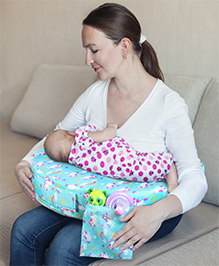

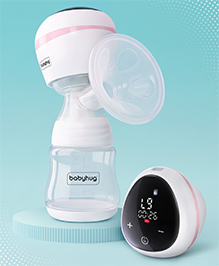
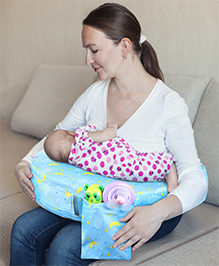


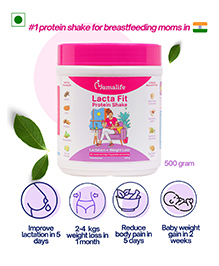

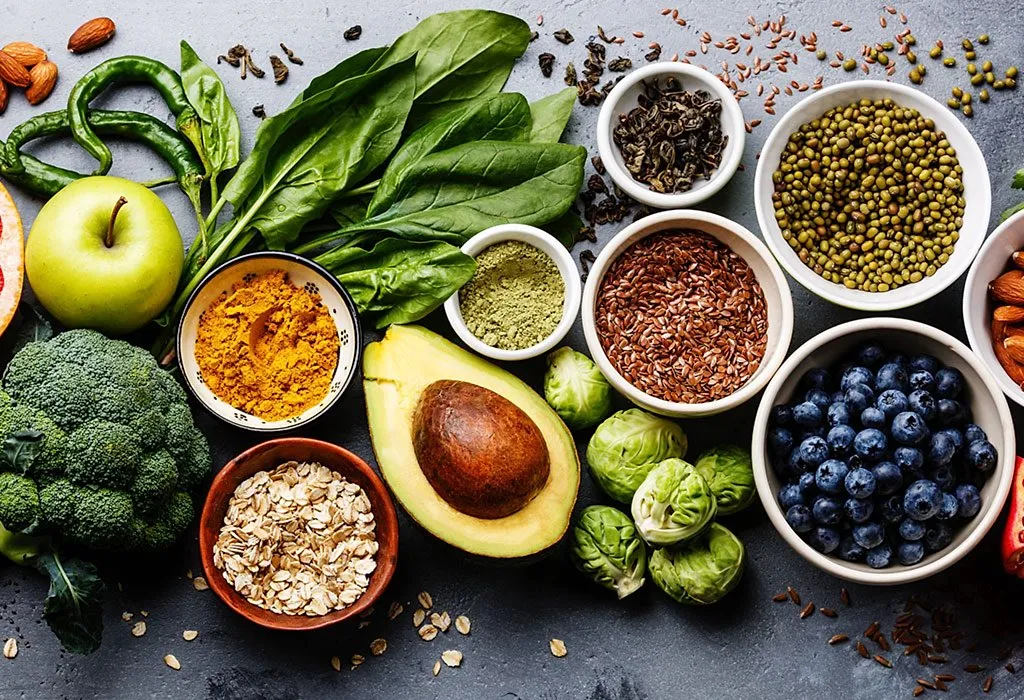
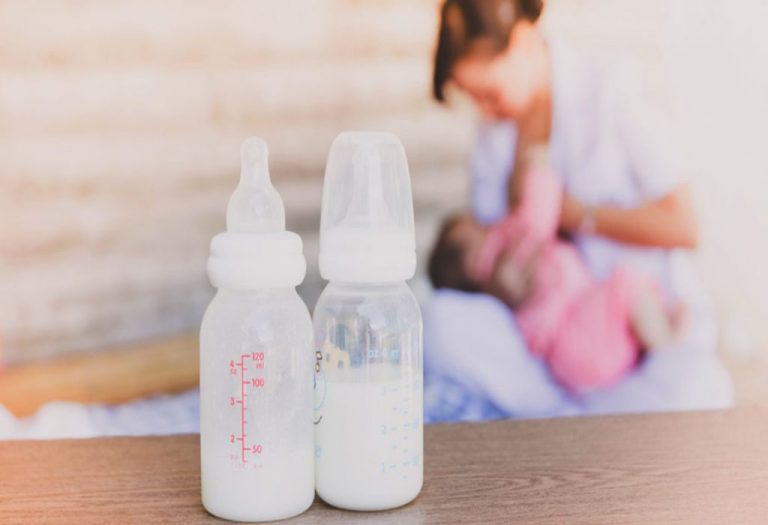
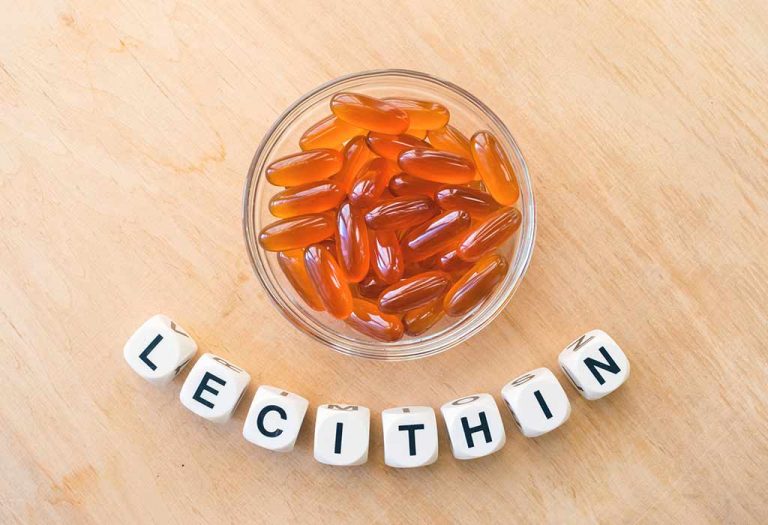


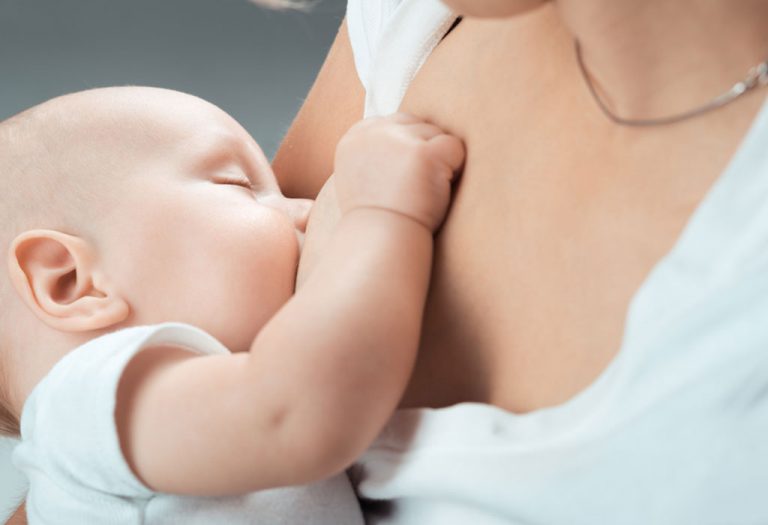


.svg)









